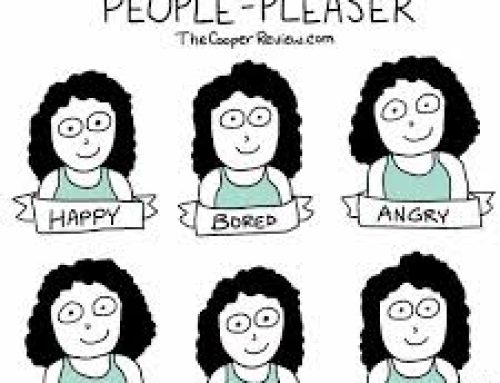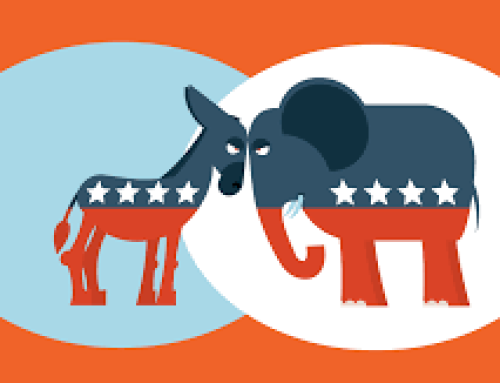
Does banning something really work?
Recently there has been a lot of discussion regarding things banned in the US. From books to our bodies, most have been reactions to fears that worse things will happen if we continue to have unrestricted access to these options.
According to an article by Biju Dominic (CEO of Final Mile Consulting ) “bans compartmentalize the general public into those who support and those who oppose”. It is often based on an emotional ideology that hypothesizes whoever “criticizes the ban will be considered as belonging to a minority”. The hope is that the ban will gain support by the number of people who subscribe to this idea and then share this with others..not necessarily likeminded ones. The more you hear about something, the trendier it becomes and opinions develop. But are things really that black & white? Is it more likely there are shades of gray in decisions?
In the short term, some banning will have traction and work. The possibility of legal or moral infractions does reduce the likelihood of continued engagement in unwanted behavior. Its aim is to absolve the individual of any responsibility associated with indulging in any “evil” behavior and puts enforcement into the hands of the law.
But do we need governmental oversite to determine what are the right values for us? Being able to decide this for ourselves is something very powerful in our human toolbox. Most of the governmental influences that do work are designed to reduce the need for intervention (think seatbelts and minimal ages for driving) and potential negative consequences that governmental agencies will have to intervene and use costly resources to fix. But the government is not designed to determine what is right for an individual based on their unique humanness.
When any social problem becomes more of an individual action in a private space, the ability of the government to intervene to solve the problem becomes more difficult. A better option might be to consider something a “public health issue” and not a criminal issue and ban it. This allows each person to make decisions for themselves and doesn’t cause visceral reactions to moral issues.
The best practice would be to educate yourself about the issue. Find reliable sources that provide you with information to make the most informed decisions for you. Your decision may not be the best practice for someone else, but remember you are deciding for you and are responsible for your decisions….what someone else chooses is their responsibility and so are the outcomes.

Stephanie Phillips, LCMHCS, NCC, CCTP is a psychotherapist & owner of The Mindly Group, PLLC.







